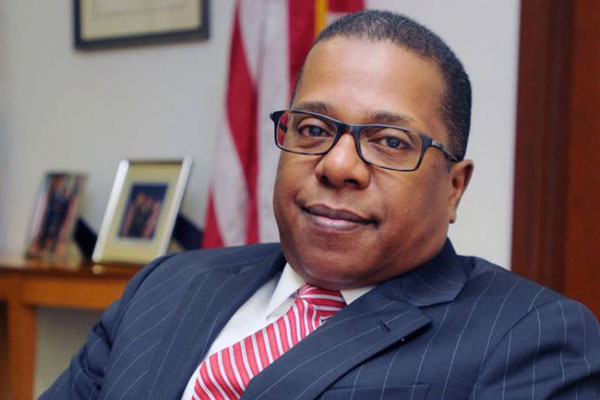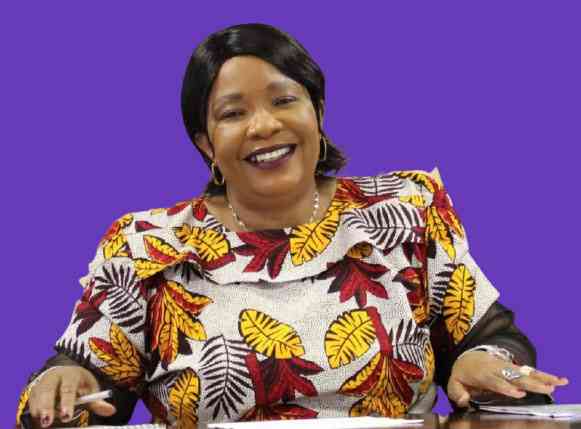
editorial comment
Foreign Affairs minister Sibusiso Moyo’s strong rebuke of United States ambassador to Harare Brian Nichols last week was yet another indication that Zimbabwe’s re-engagement efforts are not going according to plan.
Since taking over from the late Robert Mugabe following a military coup in November 2017, President Emmerson Mnangagwa has made it a top priority to reintegrate Zimbabwe into the international community after years of isolation.
Under Mugabe, Zimbabwe had become a pariah state due to rampant human rights violations, corruption and disregard for the rule of law.
Mnangagwa went beyond rhetoric in his endeavour to present Zimbabwe as a reformed state after the fall of Mugabe by even going to the World Economic Forum in Davos where he tried to sell his “new dispensation” mantra.
His government has hired not less than five public relations firms from the United States and Britain to lobby western capitals for the removal of sanctions imposed on Zimbabwe beginning in 2001 due to governance deficits.
Zimbabwe is also lobbying hard for its readmission into the Commonwealth after Mugabe pulled out of the club of former British colonies after Harare was suspended for alleged shortcomings in democracy and the rule of law.
A successful lobby this year saw Sadc designating October 25 for a region wide campaign against sanctions imposed on Zimbabwe.
- Chamisa under fire over US$120K donation
- Mavhunga puts DeMbare into Chibuku quarterfinals
- Pension funds bet on Cabora Bassa oilfields
- Councils defy govt fire tender directive
Keep Reading
The campaign, however, had little impact and Moyo’s strongly worded statement against Nichols actually shows that relations between the two countries are now at an all-time low.
Mnangagwa’s government did not take kindly to the envoy’s candid interviews around the issue of sanctions where he described the frenzied campaign against the restrictions as a propaganda escapade meant to mask Harare’s failure to implement investment friendly policies, end the scourge of corruption and observe the rule of law.
The issues that Nichols listed that included unchecked human rights violations, abductions of government critics and restrictions on freedom of assembly and association are not new.
Zimbabweans have raised them repeatedly as the reasons behind their fears that there is no new dispensation after Mugabe.
They are issues that the government will have to deal with honestly if it entertains any hopes of shedding the pariah status that has invited economic misery for Zimbabweans for almost two decades now.
The money that is being spent on lobbying for the removal of the restrictions imposed by the western countries will just go to waste as long as the government is not willing to do the right things.
Lashing out at diplomats and threatening to expel them for saying the truth will only serve to condemn Zimbabwe into further international isolation.
The government knows what needs to be done and this is not the time for grandstanding.










